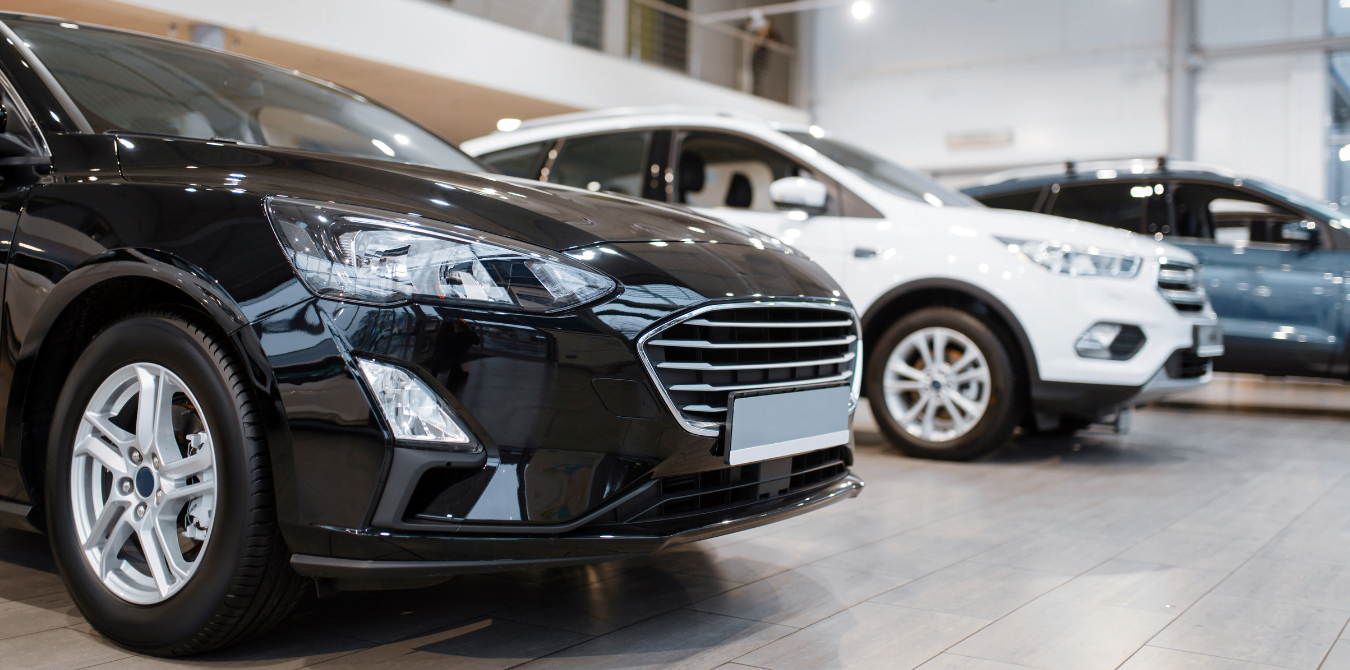What Is the Best Insurance Policy for a Leased Car?


Reviewed by
Grant Desselle
Licensed Insurance Agent


Reviewed by
Grant Desselle
Licensed Insurance Agent
The down payment and monthly payments are usually lower, repair costs are often included, and you don’t have to worry about selling the car when you don’t want it anymore. That said, leasing companies often have strict insurance requirements that you should be aware of. Here is how to find the best insurance policy for a leased car.
Table of Contents
The best insurance policy for a leased car is one that offers the lowest premiums but still satisfies the minimum coverage levels for both your state and your leasing company.
The following table shows the coverage requirements for several of the major auto leasing companies:
| Company | Minimum coverage requirements |
| GM | Full coverage with a maximum deductible of $1,000 |
| Honda | Full coverage |
| Kia | Full coverage with a maximum deductible of $1,000, bodily injury liability coverage at a minimum of $100,000 per person and $300,000 per accident, and property damage liability coverage at a minimum of $50,000 per accident |
| Mercedes-Benz | Full coverage with a maximum deductible of $2,500, bodily injury liability coverage at a minimum of $100,000 per person and $300,000 per accident, and property damage liability coverage at a minimum of $50,000 per accident |
Car insurance companies don’t charge more for a particular policy just because the car is leased. Apples to apples, a car insurance policy costs the same whether it’s on a leased or purchased vehicle. However, leasing companies often have coverage requirements that go above and beyond the state minimums or the coverage levels you might choose if you were deciding on your own.
Gap insurance stands for guaranteed asset protection. It’s a supplemental policy that covers the difference between a car’s value and what is owed on it.
Suppose you get into an accident and total your vehicle. The adjuster values the replacement cost at $30,000, but you still owe $35,000.
Without gap insurance, you’d be liable for paying that $5,000. But if you have gap insurance, it steps in to cover the shortfall, or “gap,” so you don’t have to come out of pocket.
Gap insurance isn’t required by most states but may be required by your leasing company. Even if your lease doesn’t require gap insurance, you should still consider adding it, particularly if you are leasing a new car, as they tend to depreciate rapidly once driven off the lot.
The major car insurance carriers, including State Farm, Allstate, Nationwide, Progressive, GEICO, and Farmers, all offer insurance for leased vehicles. If you want the peace of mind of knowing you got the best deal you could, compare quotes from all of them before making a decision.
The cheapest insurance policies for a leased car may depend on several factors, including what type of car it is and what your driving record looks like, along with your age, gender, ZIP code, and marital status. Because so many factors influence premium costs, the cheapest policy for someone else might not be the cheapest policy for you.
That said, the table below lists the average cost of full coverage auto insurance (which nearly all leasing companies require) with several major carriers.
| Company | Average yearly premium cost for full coverage |
| State Farm | $1,740 |
| GEICO | $2,160 |
| Nationwide | $2,290 |
| Allstate | $3,540 |
| Farmers | $4,280 |
When your auto lease ends, you have four options of what you can do next:
Insurance on a leased car works the same way as insurance on a purchased car. Even the premiums are the same, assuming apples-to-apples coverage. As long as you shop around, compare quotes, and make sure your coverage meets the requirements of your leasing company, you can get the best policy to meet your needs.